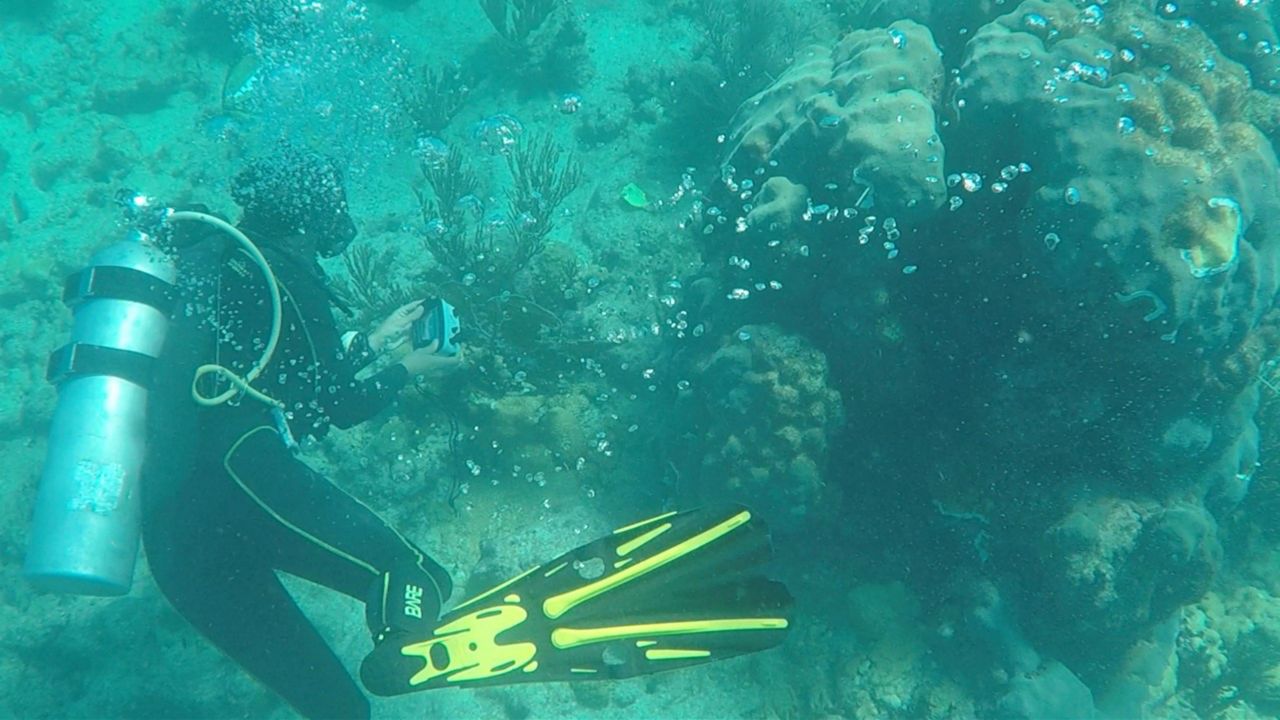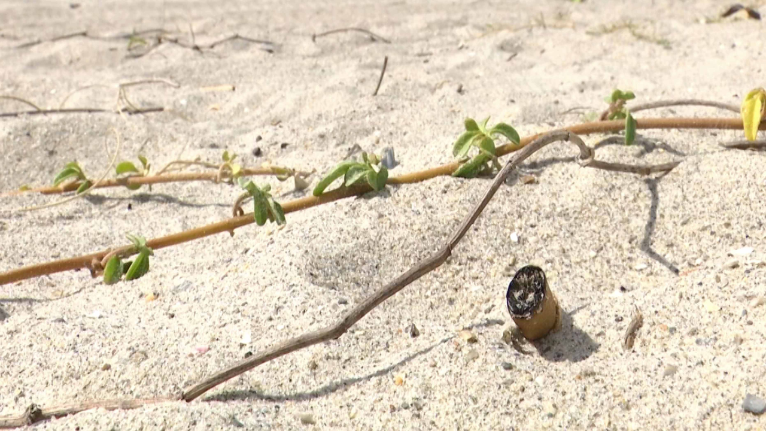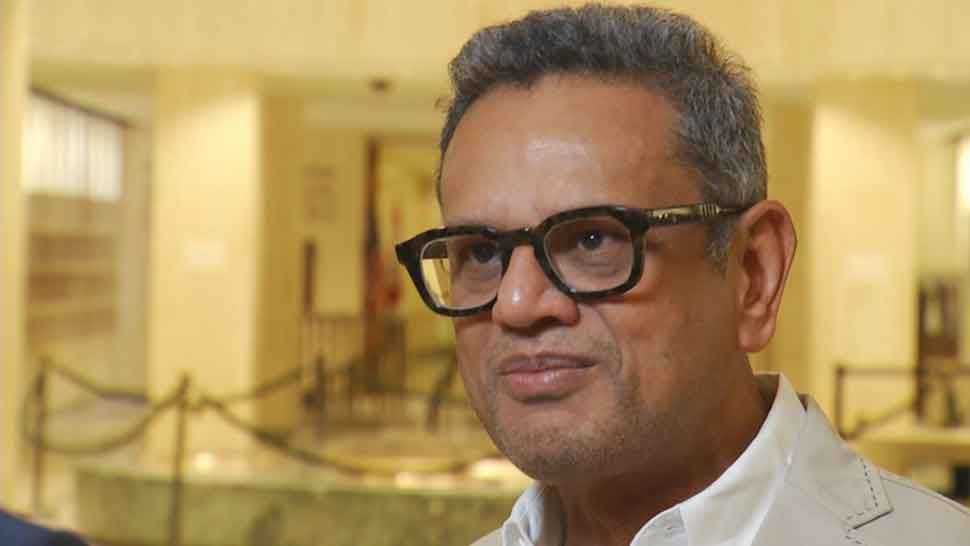TALLAHASSEE, Fla. — As environmental activists look to build on the momentum generated through their recent nationwide “climate strike” protests, they're teaming up with Democratic state lawmakers to pass legislation that would set a goal of making Florida's energy mix 100 percent renewable by 2050.
- FLORIDA GOVERNMENT GUIDE:
1. What exactly does the legislation propose?
The measure (HB 97/SB 256) would require the commissioner of agriculture to form a task force that would devise a plan for meeting the 2050 goal. It also proposes an interim benchmark for a 40 percent renewable mix by 2030.
2. What is Florida's current energy mix?
According to a Florida Energy Systems Consortium study, in 2014, 61 percent of the state's energy generation came from natural gas, 23 percent from coal, 12 percent from nuclear, and just four percent from renewable sources including solar, wind, and geothermal.
3. Does the legislation have any teeth?
Even its sponsors admit it does not, but they say that's by design. Attracting bipartisan support for the renewable energy goal is one of their top priorities, and the absence of an enforcement mechanism is seen as a way to woo Republicans to back the task force.
4. Why are Democrats optimistic about its chances of passage?
Though the legislative and executive branches are controlled by Republicans, Tallahassee's policymaking environment has changed markedly since the departure of former Gov. Rick Scott, who critics say banned the use of the term "climate change" at the state Department of Environmental Protection.
In contrast, Gov. Ron DeSantis has appointed a chief resiliency officer devoted to exploring ways to combat climate change, and incoming House speaker Chris Sprowls (R-Palm Harbor) said in his designation speech last week that "we need to stop being afraid of words like climate change and sea level rise."
5. What is the status of the legislation?
The proposal has been filed in the House and Senate but has yet to be scheduled for a hearing in either chamber. The 2020 legislative session begins in January.









